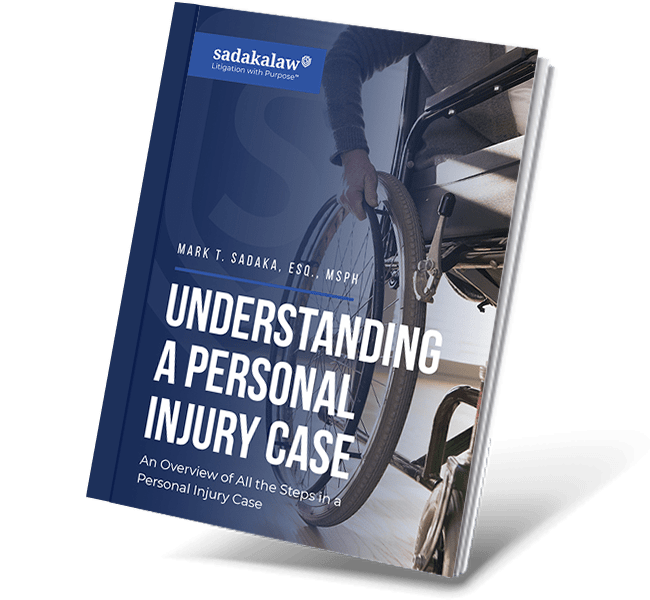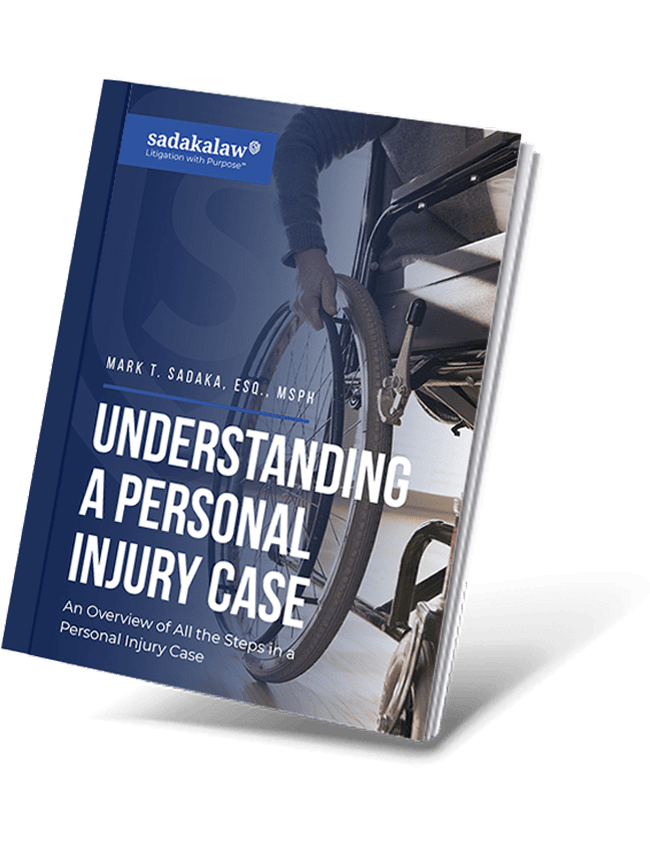The Hidden Dangers in Your Tea
There’s nothing quite like kicking back with a steaming mug of your favorite herbal tea. However, many of those so-called “healthy” teas are anything but. Several brands have been shown to contain pesticides, residues, and other toxic substances. By drinking these teas, you could be unknowingly putting your health at risk.
Below, you’ll learn about tea brands to avoid and discover tips on how to buy safe, pesticide-free tea. You will also learn what to do if you believe you’ve been affected by pesticides in tea.
Tea Brands Found to Contain Pesticides and Heavy Metals
SEE OUR ARTICLE ON COMMERICAL TEA BAGS MICROPLASTICS

The majority of the world’s tea production takes place in countries such as China and India, where regulations for pesticide use aren’t quite as strict as they are in other nations. Many of America’s major tea brands source their teas from these countries.
In 2014, a Greenpeace India investigation discovered that as many as 94% of tea samples tested in India contained at least one pesticide, while nearly two-thirds of all samples contained more than 10 pesticides.
Many of the sampled tea brands are common exports to the U.S. Per the study, these are the tea brands to avoid, along with the specific products found to contain pesticides.
- Lipton: Yellow Label, Clear Green, and Darjeeling Tea
- Twinings: Classic Assam, Lady Grey, Darjeeling, Earl Grey, and English Breakfast Tea
- Brooke Bond: Red Label Natural Care, 3 Roses Natural Care, Red Label, Red Label Special, and Taj Mahal Tea
- Kanan Devan: (No products specified)
- Kho-Cha: Masala Chai and Darjeeling Tea
- Golden Tips: Nilgiri, Assam, and Pure Darjeeling Tea
- Goodricke: Chai Strong CTC Long Leaf, Roasted Darjeeling – Orange Pekoe, and Thurbo Flavoury Darjeeling Tea
- Royal Gimar Cup Tea: (No products specified)
- Tata Tea: Gold, Life, and Premium Tea
- Tetley: Long Leaf Green Tea and Tetley Tea with Elaichi
- Wagh Bakri: Good Morning, Perfect Premium Leaf, and Strong & Refreshing Premium Leaf Tea
Drinking any of these tea products even once could be potentially hazardous, but long-term consumption might cause even more significant complications. The study from Greenpeace India lists the potential health effects of consuming these pesticide-contaminated tea products, including:
- Endocrine disruption
- Developmental impacts
- Reproductive impacts
- Carcinogenesis
- Neuro-behavioral impacts
- Immune system effects
Unfortunately, the health impact of pesticide use is not well-documented. Researchers suggest that the total health effects are likely much wider and more complex than data currently suggests.
What Pesticides Were Found in Common Tea Products?
Greenpeace India identified 34 insecticides in the tested tea samples. While two pesticides, Thiacloprid and Thiamethoxam, are approved for use in tea farming in India, many of the other products detected are not. These include a few notable contaminants like:
- Acetamiprid: Found in 67% of samples, indicating widespread, undocumented use among tea manufacturers
- Imidacloprid: Found in 61% of samples and determined to be moderately toxic if ingested or inhaled
- Clothianidin: Detected in 20 samples. It is a metabolite of the registered pesticide Thiamethoxam, but researchers were unsure whether its presence in tea samples was related.
- Anthraquinone: Identified in four tea samples and illegal in India. Researchers suspect this substance to have migrated from the tea packaging, as it is commonly used in paper and card manufacturing.
- Ethion: A metabolite of an unapproved pesticide found in 22 tea samples
- DDT: A pesticide that is no longer registered for use in agriculture in India after being banned in 1989
- Endosulfan: India was one of the world’s largest producers and users of this pesticide prior to its 2011 ban
Of the 34 pesticides detected, 68% are not registered for use on tea by the Central Insecticides Board & Registration Committee (CIBRC). However, several of these products are recommended for use on tea at the state level, indicating an inconsistency in regulations.
Related Reading: COMMERICAL TEA BAGS MICROPLASTICS
Pesticide Residue Testing in Tea

To determine the levels of pesticides in tea, scientists use methods like liquid/gas chromatography and surface-enhanced Raman scattering (SERS). Chromatography works by separating components of a mixture based on charges.
Aside from the study above, other research suggests similar levels of pesticides in imported tea products. A 2012 Greenpeace China report found that all 18 Chinese tea samples contained at least three different pesticides. The study detected 29 different pesticides in tea products, 17 of which were present in a single sample.
In the U.S., the Environmental Protection Agency (EPA) is responsible for regulating the use of pesticides in food and beverage products. It establishes the maximum allowable level of pesticides in foods under the Federal Food, Drug, and Cosmetic Act (FFDCA).
Meanwhile, the Food and Drug Administration (FDA) is responsible for ensuring the safety of food products that hit the shelves, including teas. Yet evidence indicates that the FDA does not sufficiently monitor imported foods. A 2014 GAO Report, Food Safety: FDA and USDA Should Strengthen Pesticide Residue Monitoring Programs and Further Disclose Monitoring Limitations, found that the FDA tests less than one-tenth of one percent of all imported fruits and vegetables.
While the FDA claims that pesticide residue levels are “generally in compliance” with EPA requirements, its testing methods appear questionable.
Tips for Buying Tea Safely

How can you enjoy tea while limiting toxic exposure that could lead to health risks? Tea brands don’t always advertise that they use pesticides or source tea from countries that do, so finding a brand that’s safe to sip can feel like a challenge.
Fortunately, there are some easy ways to determine whether your tea is safe to drink. Just follow these tips to know which tea brands to avoid:
- Choose loose-leaf tea over the bagged variety and brew it yourself. Loose-leaf tea is less likely to contain pesticide residues compared to bagged teas. Additionally, tea bags can contain harmful chemicals or even be contaminated with pesticides of their own. By choosing loose-leaf tea, you may limit your exposure to chemicals and carcinogens. Loose-leaf tea is typically tastier than the bagged kind, too.
- Look for teas that are Certified Organic. While pesticides can still be used in the production of organic tea, the list of approved organic pesticides is far shorter than the list of approved non-organic pesticides.
- Choose teas from Fair Trade companies. Companies with the Fair Trade Certification have pledged to support environmental protections, safe working conditions, and fair prices for tea farmers.
- Look for tea brands that test for pesticide use. Some trustworthy tea brands conduct third-party testing to verify that their products are safe from contaminants.
- Avoid tea made from genetically modified organisms (GMOs). While GMOs are not inherently harmful, companies that use them may be lax about pesticide residues.
- Look for pre-washed tea, as washing the tea leaves before picking has been shown to reduce the levels of pesticide residues in the resulting tea.
- Avoid teas with terms like “natural flavor” or “added flavor.” Usually, these flavors aren’t entirely natural. Per the FDA, natural flavors must be derived from a fruit, vegetable, or animal. However, they can also contain other ingredients and processing agents.
What To Do If You Believe You’re Affected
If you believe that you’ve ingested tainted tea, first of all, don’t panic. One or two cups usually won’t harm you. However, you may develop symptoms if you’ve been drinking the tea for a long time. These symptoms could include:
- Respiratory issues, such as trouble breathing, coughing, and pressure in the chest
- Digestive problems such as nausea, vomiting, or diarrhea
- Headaches
- Dizziness
- Seizures
If you have any of these symptoms, see a doctor right away. Bring the tea packaging as well. Your doctor may want to have the tea tested for pesticide contamination.
If test results show that you have ingested tea laden with pesticides, you may be able to file a product liability claim against the offending company. Tea companies have a legal liability to ensure that their products are fit for consumption.
In a product liability claim, the defendant is liable if your attorney can prove that they sold a defective or dangerous product. The defendant’s intent does not matter; they are strictly liable for the harm caused to you.
If you lost a loved one from pesticide-contaminated tea, you may also be able to file a wrongful death claim. This would allow you to recover funeral and burial expenses.
Should a court find the defendant liable for your injuries, you may recover damages such as:
- Medical bills for the treatment of pesticide ingestion, as well as follow-up care
- Lost wages if you are required to take time off work to recover
- Pain and suffering
- Emotional distress
Related Reading: COMMERICAL TEA BAGS MICROPLASTICS
Why Legal Representation Matters in Pesticide Cases

If you plan to sue a tea company for toxic exposure, you should not proceed alone. Product safety cases can be incredibly complex. One of the biggest challenges you’ll face is proving that your symptoms developed from chemical residues in the tea. The manufacturer will likely try to say that you were sickened from another product.
Lowball settlement offers are another challenge with cases like these. Tea companies may offer you a low settlement that just barely covers your needs in the hopes that you’ll take the money and give up on the case.
Sadaka Law can help you overcome these challenges and seek the maximum compensation for your injuries. We will gather evidence to link the tea consumption to your damages, initiate legal action against the tea manufacturer, and guide you through the legal process.
If you believe you’ve been harmed by one of these tea brands, contact Sadaka Law for assistance. We have a strong track record of holding companies liable for dangerous and defective products. Call (800) 810-3457 to schedule a consultation.


